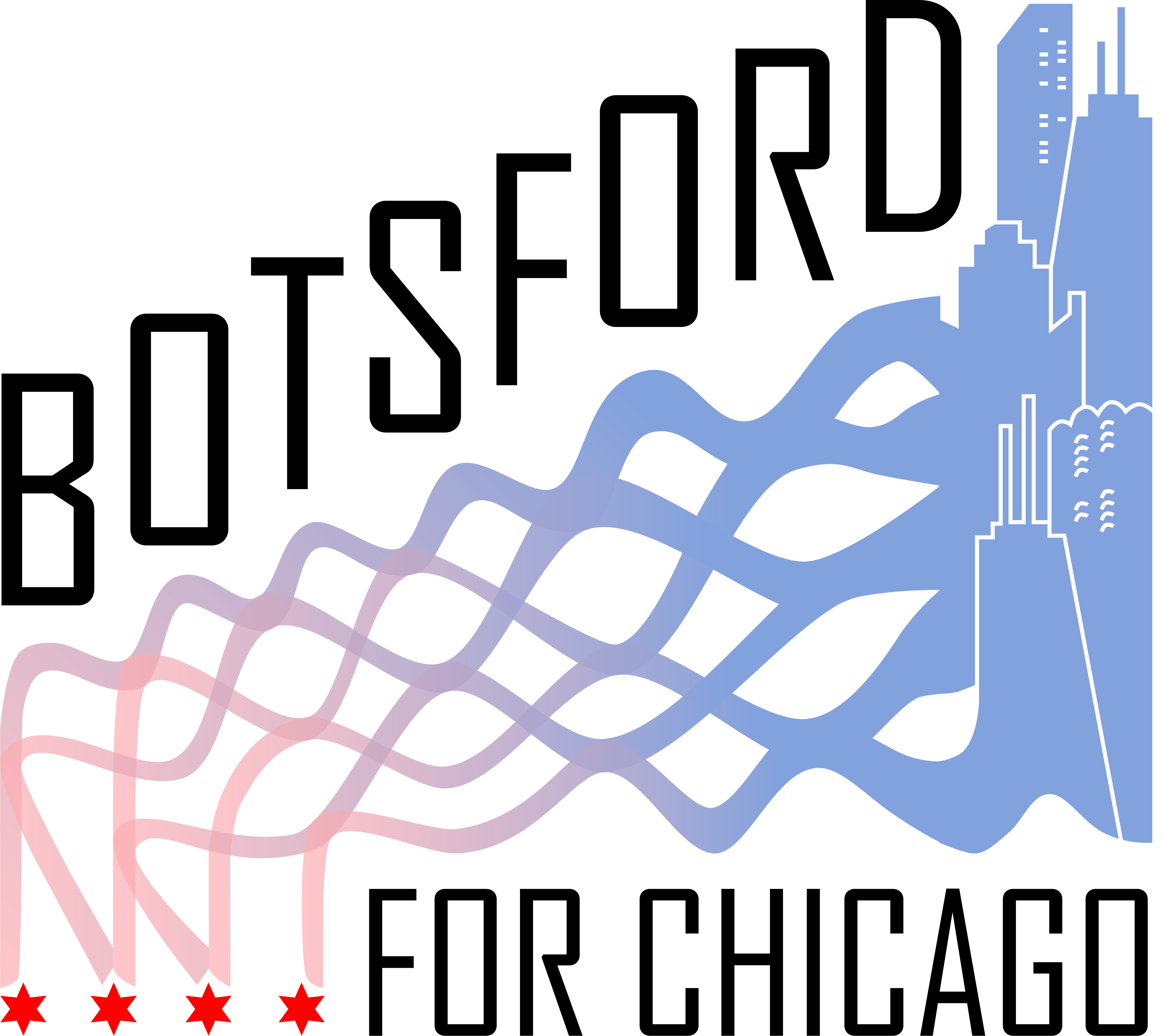Pay bonuses for effective teachers & fire the ineffective ones
Ten years ago, Washington D.C. enacted significant education reform measures that sought to pay bonuses to the most effective teachers in the system and make it easier for administrators to fire the worst-performing teachers. These reforms have performed exceptionally well; Teacher retention rates improved, specifically higher among the best-rated teachers, student test scores rose, public school attendance increased, the applicant pool got more diverse, and newer hires were higher rated than the average teacher in the system.
Under this new system, the results show that only 1% of the teachers were found to be genuinely ineffective, and 96% of those ineffective teachers were fired. Scholars studying this program found when those ineffective teachers left the system, student achievement rose by 0.14 standard deviations in reading and 0.21 standard deviations in math. Link Holding our teachers to higher standards should not be controversial; as President Obama once stated, “If a teacher is given a chance or two chances or three chances to improve but still does not improve, there’s no excuse for that person to continue teaching. I reject a system that rewards failure and protects a person from its consequences.”
Chicago should follow reforms that work and implement a program like Washington D. C’s that will make more people want to become CPS teachers, keep our most effective teachers in the CPS system and push the small minority of bad teachers out of the system. Teaching is one of the most critical jobs in our city, and we need to ensure that we are attracting the best talent, retaining the best teachers, and not forcing our students to be trapped in classrooms led by ineffective teachers.
Expand Public Selective Enrollment High Schools
According to the US News, five of the best ten high schools in Illinois are in Chicago. All of which are public, selective enrollment magnet schools. We need to expand upon these schools so that more Chicagoans can benefit from these high-performing institutions. Whitney Young, which ranks #4 in the state rankings, recently had 16,000 students apply and only had the opportunity to enroll 400 students. The demand for this type of education is there, and Chicago owes it to its young students to find a way to match the supply.
Close the worst public charter schools and expand the effective ones
Public charter schools are given more flexibility in their operation, and thus we should expect superior results. We must ensure rigorous authorizers do not allow public charter schools to underperform their non-charter counterparts. But while we must close ineffective charter schools, we must expand upon our best-performing public charter schools. Researchers have found that urban charter schools produce higher scores on state-level exams, higher college admission test scores, and both higher enrollment and scores in advance placement courses. We must do everything in our power to ensure that our Chicago youth have the ability to attend these high-performing schools and better their opportunity to succeed in their future.
When Cory Booker was the mayor of Newark between 2006-2013, one of his goals was to make Newark the “charter-school capital of the nation.” Newark students who had previously ranked in the 38 percentiles in statewide tests had improved by 40 points and exceeded the state average in math and language testing. On top of that, studies of Newark, like many other studies, have shown that the expansion of charter schools has not come at the detriment of traditional public schools. As can be expected, higher levels of competition in the education sector helped charter and non-charter students alike. Similar results can be seen in New Orleans, who after the tragedy of Katrina, transitioned to a full charter model for schooling and saw significant gains across the spectrum.

